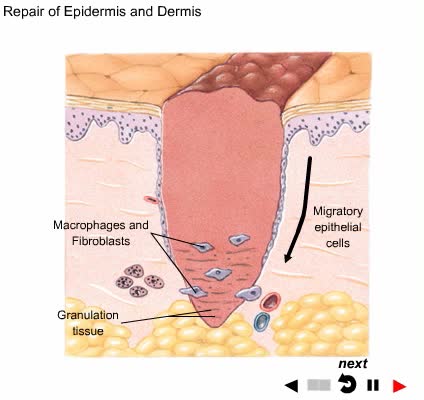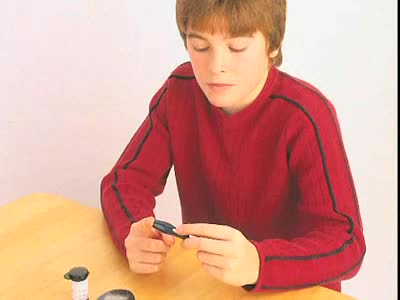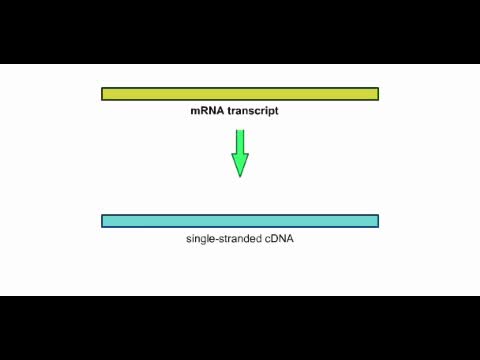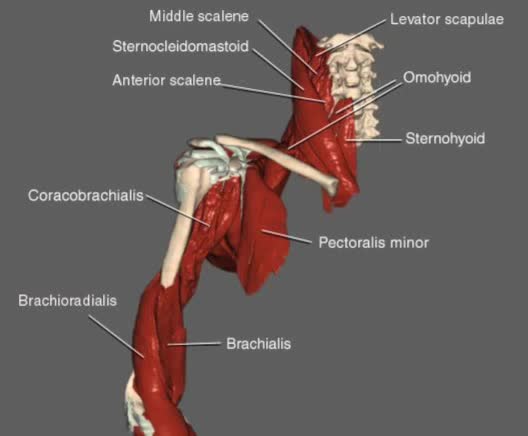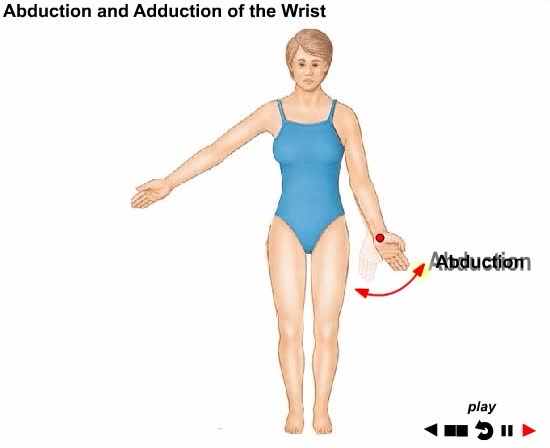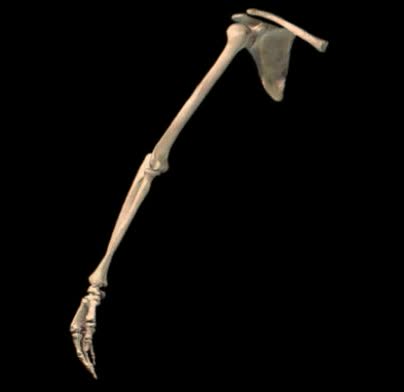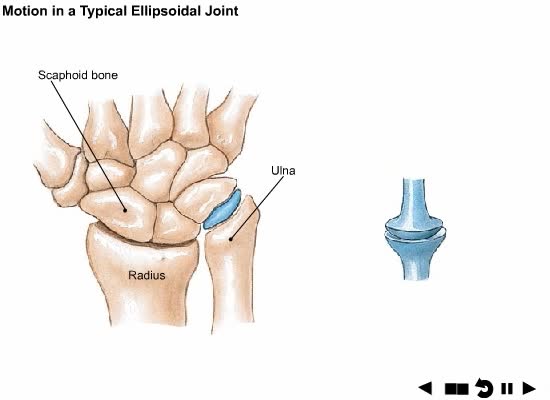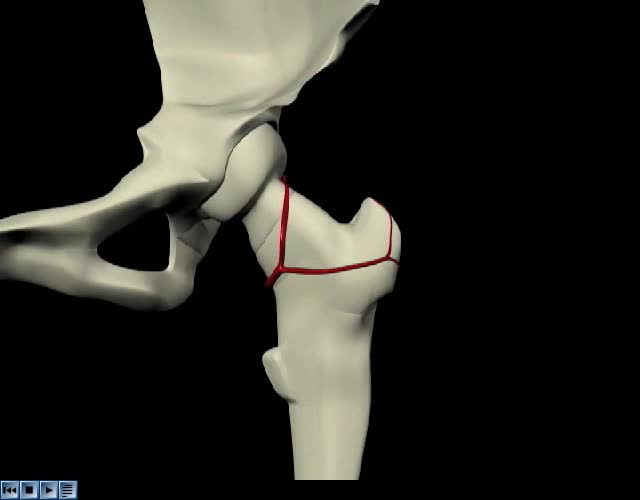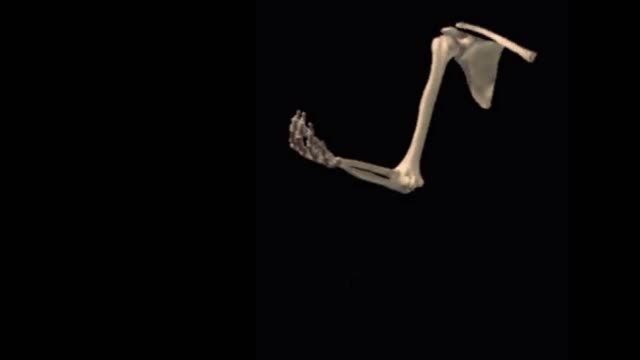Search Results
Results for: 'Generalized life cycles for plants and animals Animation'
By: Administrator, Views: 13893
A wound is an injury to living tissue caused by a cut, blow, or other impact, typically one in which the skin is cut or broken.
By: Administrator, Views: 13995
The precise source of diabetic issues in children is not known. However, aspects like genetics, household history, bad diet plan, etc. are considered as some of the diabetes causing aspects. In many of the cases, adolescent diabetes is a genetic (acquired at birth). diabetes symptoms in children ...
By: HWC, Views: 5368
This animation shows how an mRNA transcript can be used to make a cDNA strand.
By: Administrator, Views: 786
Four muscles—the supraspinatus, infraspinatus, teres minor, and subscapularis—make up the rotator cuff. It stabilizes the shoulder and holds the head of the humerus into the glenoid cavity to maintain the principal shoulder joint.
By: Administrator, Views: 505
Types of body movement that occur at the diarthrotic joints: - Abduction - Adduction - Circumduction - Dorsiflexion
By: Administrator, Views: 527
Types of body movement that occur at the diarthrotic joints: - Rotation - Supination
Classification of Joints Animation
By: Administrator, Views: 462
Types of body movement that occur at the diarthrotic joints: - Abduction - Adduction - Circumduction - Dorsiflexion Classification of Joints: - Synarthrosis (Fibrous) - Amphiarthrosis (Cartilaginous) - Diarthrosis (Synovial)
By: Administrator, Views: 13566
A hip fracture is a break in the upper quarter of the femur (thigh) bone. The extent of the break depends on the forces that are involved. The type of surgery used to treat a hip fracture is primarily based on the bones and soft tissues affected or on the level of the fracture.
By: Administrator, Views: 657
Normal starting position for elbow flexion is with the subject supine with the shoulder positioned in 0 degrees of flexion, extension and abduction with the arm close to the side of the body
Advertisement



